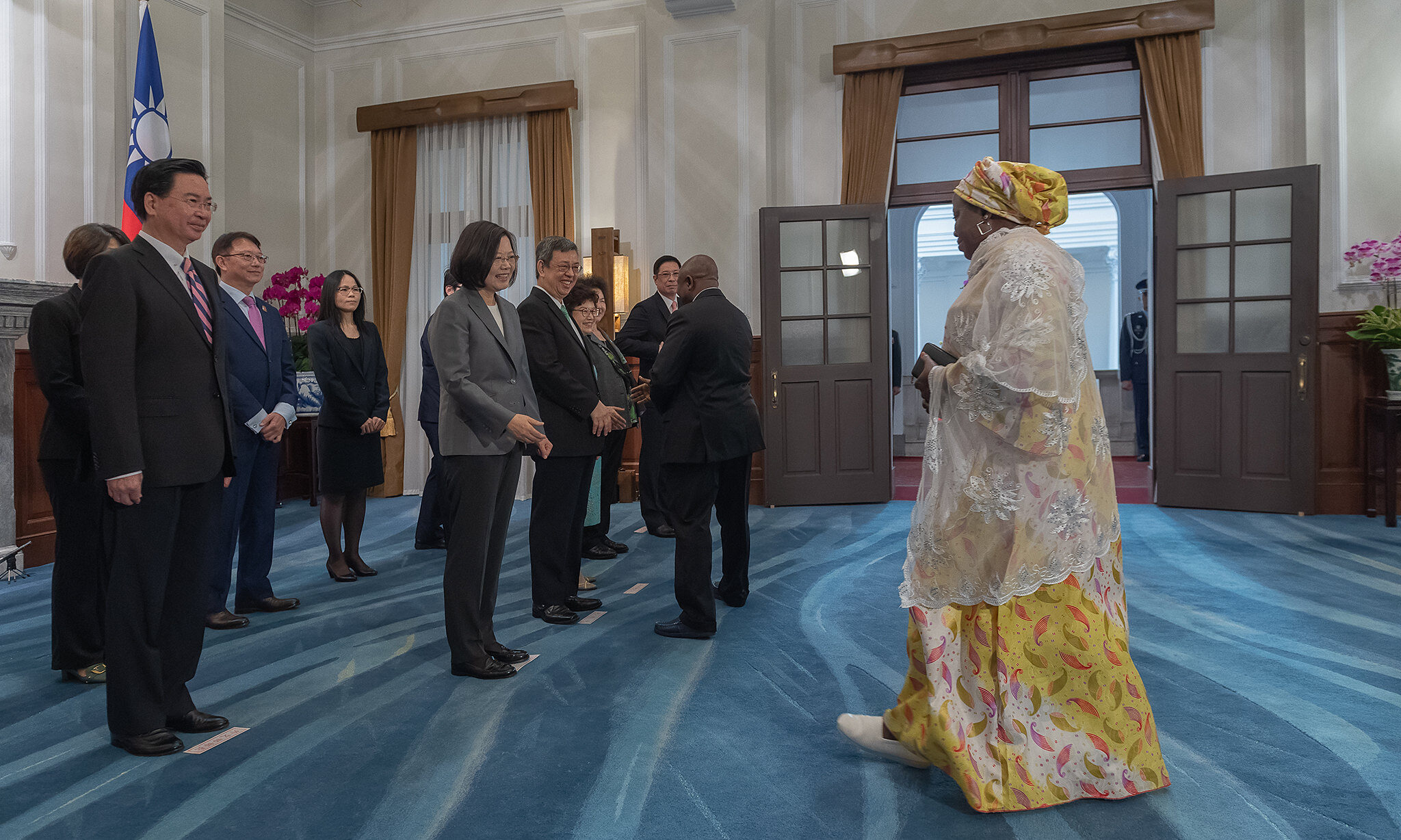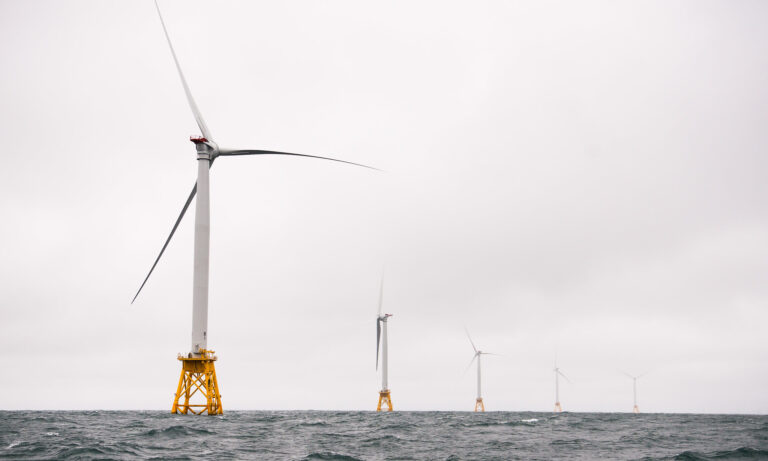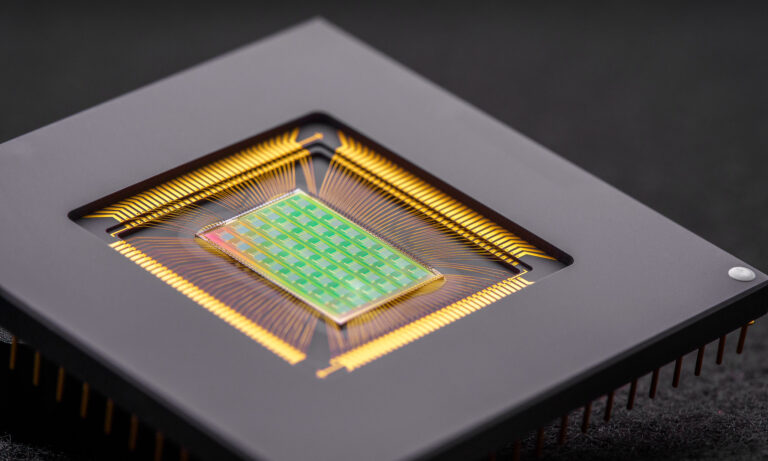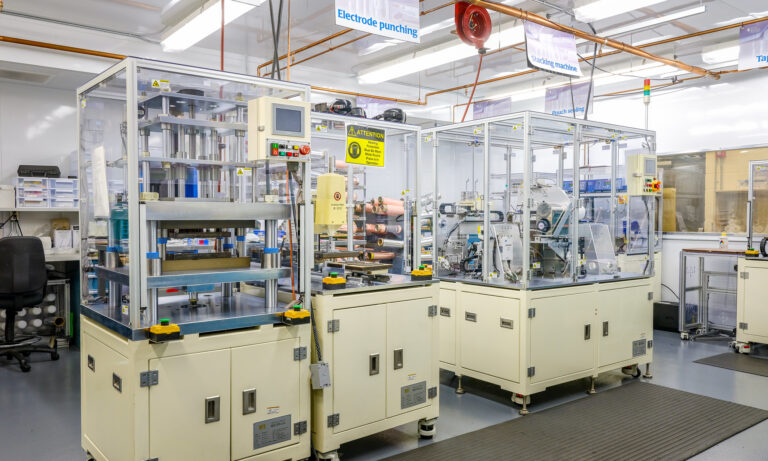
As the competition over global governance keeps widening, the question as to whether Europe and its democratic partners have “lost” the developing world to China, remains open. Yet, with the EU and Taiwan both committed to paying more attention to the “Global South,” they have the opportunity to engage in strategic cooperation in development investment that prioritizes capacity-building and empowers the involved countries. Together, the EU and Taiwan can help shape the developing world to be safe for democracy, rather than authoritarian rule.
The Battle for the Developing World
In January 2023, as the chair of G20, India hosted 120 developing nations in a virtual summit, with the ambition to amplify the voice of the Global South, a label used widely to group developing countries, without reflecting their diversity. Addressing the summit, Prime Minister Narendra Modi invited developing countries to “redesign global political and financial governance.”
With the admission of the African Union as a permanent member to the G20 just months later, Modi’s efforts to champion the Global South with an inclusive agenda have shown the first signs of success – at least on paper. Building on the momentum, in November, Modi held a second virtual summit with the message that the Global South wants its voice heard on global governance.
In 2023, Japan also used its G7 presidency to project an inclusive agenda towards developing countries. In May, Tokyo invited eight Global South countries to the Hiroshima summit with the aim to lead “the international community in the direction of cooperation rather than division and confrontation.”
The high-level meeting emphasized the importance of dialogue that “respects the historical and cultural diversity of each country” and strives for “equal partnership.” Tokyo has also reinforced cooperation with India, a partner it views as a leading voice for developing nations.
Shared Interests
Europe shares Japan’s – and India’s – interest in fostering a free and open international order. Yet, its colonial legacy and perceived double standards in trade and human rights have damaged its standing, with some arguing there is a crisis in Europe’s engagement with the Global South.
Others believe that Russia’s war against Ukraine could be a turning point for the West’s relationship with the developing world, warning that the split between the two is widening.
While it struggles to remain relevant in shaping global governance, the EU shares another interest with Japan, which is to prevent China’s and Russia’s growing authoritarian influence. This is an aim equally high on Taiwan’s agenda, as it has been living under an existential threat posed by China, with Beijing seeking to weaken its democratic institutions and interfere in the political debates, in particular ahead of its presidential election in January 2024. In response, Taiwan started to invest more in democratic partnerships, seeking to circumvent its diplomatic isolation.
Providing a Democratic Alternative
Over the past decade, with an assertive approach, including a myriad of forums, conferences and summits backed with generous funding under the umbrella of the Belt and Road Initiative (BRI), Beijing has projected the idea of “democracy that works,” exploiting developing countries’ Western fatigue and promising them to deliver on both development and security.
This has served Beijing’s dual purpose to expand China’s political and economic clout and to marginalize democratic powers. Appealing to developing countries with the promise that China would deliver a future where the West has failed, Beijing’s efforts have had mixed results. According to some, despite inroads, China will not win the Global South.
At the same time, concerns over Beijing’s growing assertiveness amplified by its strategic alignment with Russia following its aggression against Ukraine in 2022 created opportunities for Europe to strengthen cooperation with like-minded democracies, including India, Japan – and Taiwan.
With India pursuing its agenda to amplify the voice of the Global South and Japan ranking as Southeast Asia’s most trusted partner since 2019, the EU is still catching up. It took years before its Global Gateway, launched in 2021, really took off. At the November 2023 Forum, the Commission finally revealed some concrete examples of how the instrument would bring the “right kind” of investment.
Still, today, few believe that the EU’s proposal can be a true alternative to the BRI; some observers see it as “a poster child for Brussels dysfunction,” given the institutional resistance against using connectivity as a foreign policy tool, while others believe “things are now moving.”
Backing the grand rhetoric with substance is vital for the EU’s credibility. It is also important that developing countries negotiate their own development path and exercise agency. This requires attractive offers that empower them to negotiate.
If it wants to remain relevant, the EU cannot afford to have China continue to increase its global clout in a way contrary to democratic interests. It must recognize the value of partnering up with Taiwan, as much as Taiwan itself must see the value of partnership with the EU. After all, shaping the future of the Global South is not about money only. It is about safeguarding values, including transparency, sustainability, democracy – and human dignity.
Capacity-building Through Education
In its September 2022 resolution, the European Parliament urged the Commission to consider connectivity projects and co-investment in partnership between the EU’s Global Gateway and Taiwan’s New Southbound Policy, “with a view to fostering trade and political relationships as well as stability in the Indo-Pacific region.”
Taiwan is actively looking at ways to strengthen its relations with Southeast Asia, but also the EU. Since 2016, President Tsai Ing-wen’s flagship foreign policy framework, the New Southbound Policy, has pursued stronger cooperation with Southeast Asia, with people-to-people contact as the main avenue for engagement.
There has never been a better time for the EU and Taiwan to reflect on how to link their connectivity and capacity-building policies. This would help further consolidate Taiwan’s image in the European perception and enable the two to cooperate as equal partners. Taiwan and the EU can and should work together to find solutions to the needs of the developing world.
Forward on the Beaten Path
To do this right – and learn from past mistakes – it is essential to be inclusive and empower all parties to exercise agency and shape the process. It is in the interest of Taiwan, Europe and the Global South to invest in capacity-building together; this time, this could be a true win-win-win.
As a first step, the EU’s development arm, DG INTPA, the Directorate General in charge of handling Global Gateway, and Taiwan’s Ministry of Foreign Affairs (MOFA) could consider establishing a Global South Connectivity Working Group (GSWG). The EU and Taiwan already hold bilateral trade consultations, an industrial policy dialogue, a dialogue on digital economy and various sectoral working groups. The GSWG would not deviate from the beaten path, but rather make sure the two stay on it.
Given the importance of the need to increase mutual understanding, the GSWG could start small, but dream big by investing in education and innovation, areas already included in the Global Gateway and the NSP, in line with the Sustainable Development Goals.
Universities are vital in generating innovation and empowering individuals to have hope, opportunity and agency. In this context, Taiwan and the EU could pay particular attention to the inclusion of girls and women and other vulnerable groups in education, which is key to curbing the rise of inequalities.
In 2023 Taiwan’s Ministry of Foreign Affairs established the Taiwan-Europe Connectivity Scholarship that seeks to expand academic cooperation via school-to-school partnerships. Adding a “Global South dimension” would only enrich it further.
Finally, as the EU seeks to tackle authoritarian threats to global governance, it is still learning how to reinforce ties with Taiwan and reconceptualize its approach to the developing world. This requires self-examination, courage, creativity – and political will. Through co-creation, the EU and Taiwan can shape the future of the Global South, in partnership with the developing countries.
Written by
Zsuzsa Anna Ferenczy
zsuzsettteZsuzsa Anna Ferenczy is a Ph.D. Assistant Professor, National Dong Hwa University, Hualien, Taiwan, Head of Associates Network at 9DASHLINE, former political advisor at the European Parliament.


